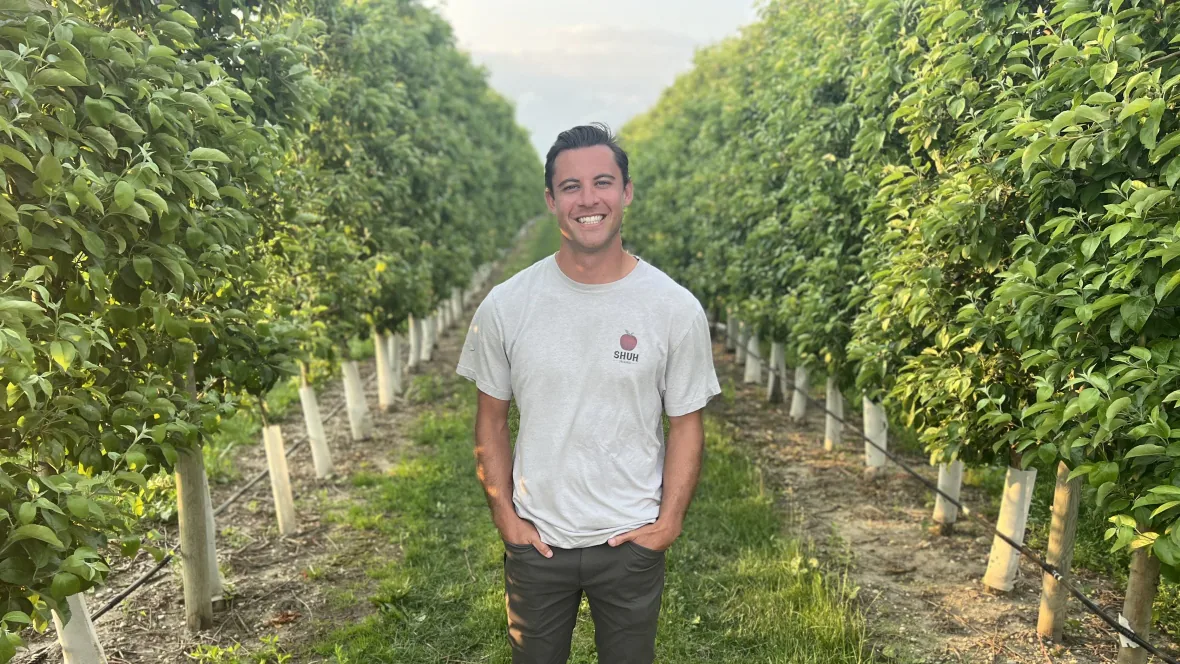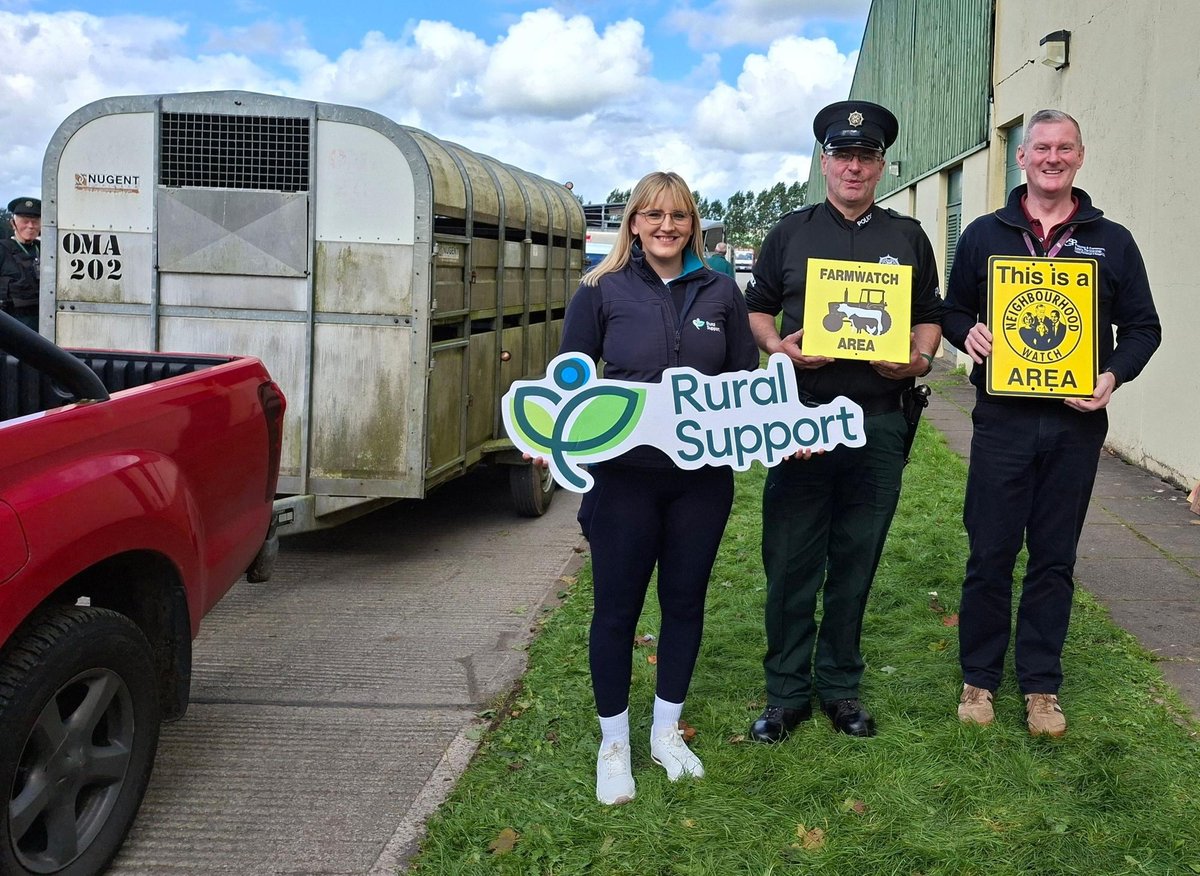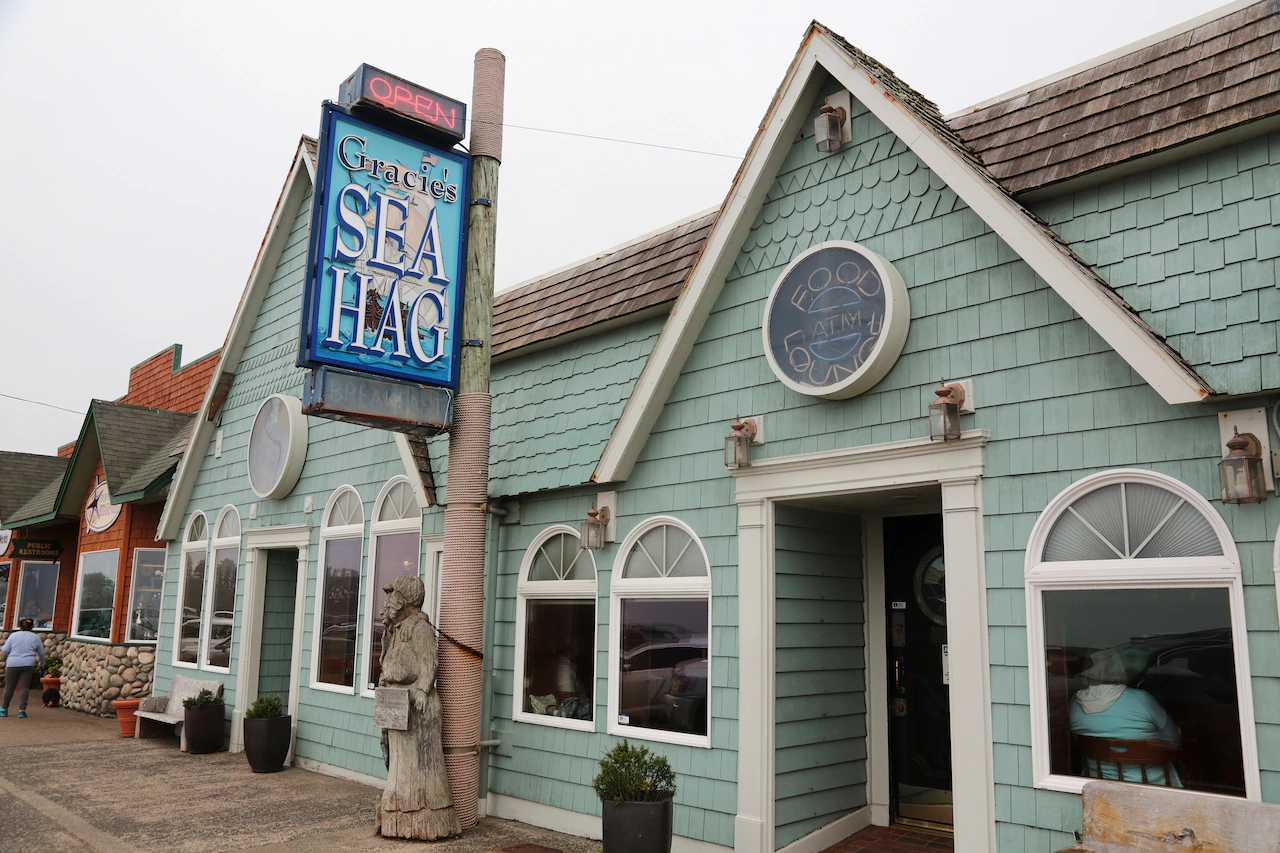Ontario orchard bans strollers, wagons and backpacks after some 500 pounds of apples stolen
By Cameron Mahler
Copyright cbc

The owners of an apple orchard in West Montrose, Ont., are fed up with people stealing the literal fruits of their labour.
Tim Shuh, operator of the pick-it-yourself Shuh Orchards near Kitchener, has introduced new rules for visitors this apple-picking season: banning them from bringing strollers, backpacks and wagons into the U-pick portion of the farm.
After two highly busy weekends in a row, Shuh said he reluctantly implemented the rules as a response to the noticeable and growing issue of theft.
“We realized that with that many people on the farm, it was difficult to keep track of how many people were in the rows, where they were going, if they were bringing in their own bags, if they were putting apples into strollers, wagons, backpacks,” he said in an interview with CBC News.
Over the past 14 days, there were 7,500 customers at Shuh Orchards — 3,500 the first week and 4,000 the following week.
Shuh said he and his staff have watched as visitors have hidden fruit and tried to walk to their vehicles without paying. Some families were caught loading bushels into the trunks of their cars instead of the farm’s marked bags, and in one case, he said, he discovered customers had hidden apples under blankets in a stroller.
“Me myself, I’ve seized about 250 pounds of apples and my dad has reported a number of others stealing,” Shuh said.
“There’s no way with 4,000 people on our farm, the times I did check, that we were able to get even half the people that were stealing.”
Shuh estimated at least 500 pounds of apples have been stolen over the past two weeks, and that’s “erring on the extreme side of conservatism.”
At roughly $4 a pound, Shuh said, that could be $2,000 in lost revenue. He said it’s frustrating and has people at the farm considering whether to continue to allow visitors to pick their own apples.
“We don’t know if we would want to do this forever if this would continue,” Shuh said. “If everyone was stealing from us, certainly we’d shut down tomorrow.”
‘We know that it happens’
Other farms in the region have experienced similar challenges.
Byron Good, co-owner of Good Family Farm Pumpkins, said it’s difficult to quantify just how much has been taken over the years.
“We know that it happens. We have caught some people stealing things. Those are very difficult conversations to have, very stressful,” he said.
“We’re always worried about it.”
Despite concerns over theft, Good said he doesn’t want to employ the same kinds of rules as Shuh Orchards, worried that it might mar the customer experience.
“The vast majority of people are honest and appreciate what we do,” Good said.
“If people like to come as families … if it’s easier to have your children in the stroller to push them around, we don’t want to take that away.”
Instead, alongside security cameras, Good said his strategy of planting valuable pumpkins further away from the road will do for now.
“If you’re going to steal a big pumpkin, at least I’m going to make you work to do it.”
Concern about theft’s impact on farmer costs
Issues surrounding theft in pick-your-own (U-pick) farms aren’t isolated to Waterloo region, said Kevin Vallier, chief executive officer of Agritourism Ontario.
The non-profit organization’s members include Ontario farmers looking to promote their farm sales, including on-farm markets and U-pick operations.
“Unfortunately, it’s actually a growing and big problem,” Vallier told CBC News.
“I’ve talked to a number of members this year and last year that are seeing a significant rise in theft,” he said, adding it’s “primarily in U-pick.”
Vallier said stealing takes away inventory and sometimes leads to higher costs for farmers.
“We’ve had farms that have had to hire security, or they’ve had to put up fencing, or have more staff to come in at entrances or to monitor,” he said. “Sometimes that cost has to be passed down to be recouped — passed down to the customer.”
He added that some farmers are considering more drastic measures.
“Some have talked about shutting U-pick down altogether because they’re losing so much money.”
Vallier said some Agritourism Ontario members share the same concerns as Good, worried too many rules can unfairly affect the customer experience.
“[Customers are] leaving their downtown condo, and they’re getting fresh air, and walking the field and picking their own food,” he said. “The last thing our members want is to have to put up barriers and change that atmosphere, because that’s what people enjoy.”
Shuh agreed with that concern, but added that stealing has gotten just too out of hand.
“The reason we, as agritourism operators, want to open up our business to the public is to bridge a gap between consumers and producers.”
He hopes the new rules will protect both the farm and his customers.
“This is what life on the farm is like. This is how we grow apples. We want people to be interested in Ontario-grown food.”



